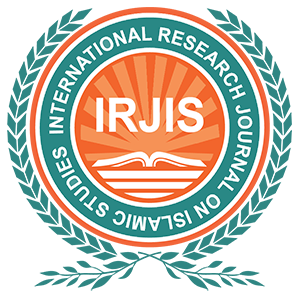Abstract:
Tehsil Dera Ghazi Khan, located in Punjab, Pakistan, is home to a religiously diverse population. Among the prominent religious sects, Fiqh Jafariya has played a significant role in shaping the religious landscape of the region. This research article presents an introductory and analytical overview of the mosques, madaris (seminaries), and imambargahs affiliated with Fiqh Jafariya in this tehsil. The study aims to trace the historical development of these institutions, highlight their educational and spiritual roles, and evaluate their contribution toward religious harmony and societal development. The research addresses a critical academic gap due to the lack of documented records of these institutions in local and academic contexts. Using a mixed-method approach including field visits, stakeholder interviews, archival exploration, and surveys, this study provides both qualitative and quantitative insights. It also explores the rural-urban religious practices within the Fiqh Jafariya community, showcasing its cultural diversity and impact. This research is significant not only for scholars and students of Islamic studies, especially jurisprudence, but also for policymakers and heritage preservationists. It contributes to understanding how these religious institutions function as centers of learning, cultural preservation, and community cohesion in Dera Ghazi Khan.
Keywords: Fiqh Jafariya, Dera Ghazi Khan, Mosques and Imambargahs, Religious Education, Shia Islam in Pakistan

